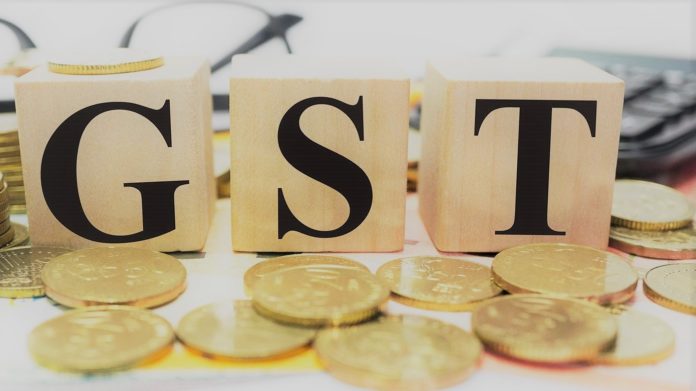Goods and Service Tax
The much talked about G.S.T (Goods and Service Tax) is a value added comprehensive indirect tax levied on manufacture, sale and consumption of goods as well as services at the national level. It would be a collective tax which will replace all the sub taxes levied in goods and services by the Central and State Governments. France was the first country to implement the G.S.T, but presently there are about 160 countries which have implemented the G.S.T. According to the G.S.T concept, goods and services will be subjected to a uniform tax rate and both would be given importance at par.
Once introduced, it will replace a number of indirect taxes like, VAT, Service tax, Excise, Purchase tax etc. Therefore, this unique system of tax is a more simplified version of the present tax regime. This new tax rates would have an impact on everything we buy from movie tickets to phone bills to restaurant visits to salon, etc. It is reported that telecom services would attract a service tax of 18%. Restaurants in 5-star hotels will have the highest tax slab of 28%. 2% on gross domestic products is levied.
Finance Minister, Mr. Arun Jaitley who chairs the G.S.T council has no doubt about taking such a bold step to bring about a change in the Indian Tax System. Reports say that everyone- from manufacturer to the end consumer- stands a gain from it. The biggest gainers would include the cement manufacturing companies, pharmaceuticals, banks, automobile industry, consumer durable goods, fast moving consumer goods, information technology and the capital goods.
G.S.T’s benefits:-
- Manufacturing becomes cheaper and produces imports.
- As the demand for goods increases due to lower costs of products, employment would be increased.
- Removal of certain state restrictions.
- Input tax credits will encourage supplier to pay taxes.
- Price of the fast-moving consumer goods expected to fall.
- Creates a common market with a single tax which will make sure every citizen is fulfilling the duty of paying tax.
- Unlike income tax G.S.T is an unavoidable tax.
Goods likely to be cheaper/Costlier after GST:
Heavy vehicles, processed foods, and other manufactured goods would be cheaper as the overall average tax slab will reduce after GST is implemented. Small cars on which excise duty is already low are likely to become costlier. Services will become costlier with the advent of GST. At present the rate of service tax is 14%, however the GST will be imposed at a rate of around 18-22%. So in a nutshell, Services are likely to become costlier. All essential services such as Ambulance, cultural activities, pilgrimage, sporting events etc will remain unaffected by GST. As of now, Petroleum, Alcohol and electricity have been kept away from the GST regime.
The G.S.T was passed in the Rajya Sabha on August 3rd, 2016. With a clear majority, this idea was accepted by most of the members while AIADMK stood against this during the voting period. It has been approved by the Lok Sabha on 8th August, 2016. The President of India has also given his consent to go ahead with the bill. As per speculations, the ‘One Nation, One Tax’ concept would be implemented from July 1st, 2017. The restructuring of the Indian Economy would be started once the GST is implemented and is expected to bring about a noticeable change in the economy of the country.






















